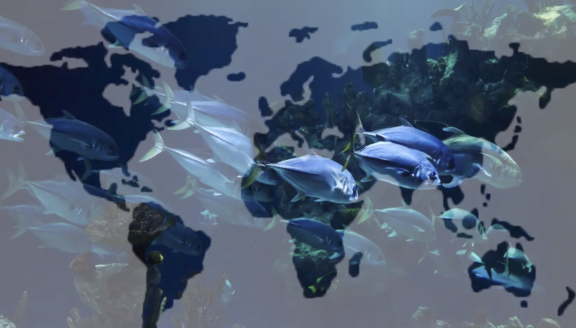
After more than 20 years of negotiations, the World Trade Organization (WTO) has moved a step closer to an agreement on ending harmful fishing subsidies at its recent conference in Buenos Aires. The deal would set new rules for the global fishing industry and limit government funding that contributes to unsustainable fishing and the depletion of global fish stocks
The UN Food and Agriculture Organization estimates that one-third of global fish stocks are overfished and most of the rest is fully exploited. This is up from 10% in 1970 and 27% in 2000. Depleted stocks threaten the food security of low-income coastal communities, and the livelihoods of poor and vulnerable fishers who must go further and further from shore only to bring back smaller and smaller hauls.
Each year, governments hand out around $35 billion in fisheries subsidies, two-thirds of which go to commercial fishers. These subsidies keep at sea vessels which would otherwise be economically unviable. World leaders in 2015 made a fisheries subsidies agreement by 2020 part of the Sustainable Development Goals and trade ministers reaffirmed this pledge in 2017.
The meeting pledged to finish the negotiations before the WTO’s Twelfth Ministerial Conference in late November, and to empower their delegations in Geneva to do so. The current text of an agreement will be used as the basis for negotiating a final agreement. Despite the optimism that an agreement will be finalised, some reservations remain that not all issues have been adequately addressed.
Click here for a more comprehensive account of the scale and implications of the overfishing issue.